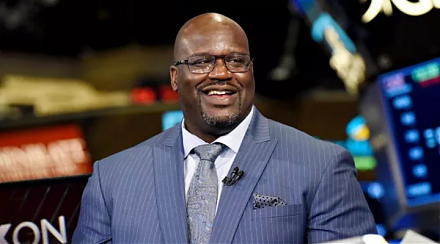

2018-08-25 12:33:00 Sat ET
technology antitrust competition bilateral trade free trade fair trade trade agreement trade surplus trade deficit multilateralism neoliberalism world trade organization regulation public utility current account compliance
President Trump warns Google, Facebook, and Twitter that these tech titans now tread on troublesome territory. Specifically, Trump accuses Google of rigging web search results for Trump news stories in the form of partisan biases against him. Anecdotal evidence suggests that Google tends to present more aggressive left-wing news stories from CNN, CNBC, Bloomberg, TIME, Reuters, Washington Post, New York Times, and so forth (but not from right-wing outlets such as Fox, Forbes, Wall Street Journal, and National Review). As Google now controls about 90% of U.S. Internet search traffic, this search engine has become substantially close to a tech monopoly. Google's current online search market dominance may cause anti-competitive ripple effects on several other search engines such as Bing, Baidu, and Yahoo. In recent times, several tech observers and commentators predict that Google may become the next Microsoft in antitrust lawsuits.
Facebook CEO Zuckerberg testifies and survives the key U.S. congressional Q&A ordeal in April 2018, but now the social media platform experiences sharp share price and profit declines in August 2018.
These platform orchestrators have become so powerful and influential nowadays that the Trump administration either has to break up these tech titans or needs to heavily regulate them.
In the former case, the parent company Alphabet may spin off its most profitable subsidiary Google to deflect draconian regulatory fines and penalties. In fact, the European Union imposes a punitive fine on Google's tax avoidance, but this fine amounts to about its one-off one-month average net profit in Europe.
In the latter case, the Trump administration may regulate Google, Facebook, and Twitter as social media firms or Internet publishers that specialize in online content curation. The heavy hand can come in the form of new regulatory standards for attempting to deter fake news, partisan biases, and even key risks of exposure to foreign interference.
However, raising the bar inadvertently erects barriers to entry and then further reinforces their technological dominance. The law of inadvertent consequences counsels caution in the midst of substantial economic policy uncertainty under the Trump administration.
If any of our AYA Analytica financial health memos (FHM), blog posts, ebooks, newsletters, and notifications etc, or any other form of online content curation, involves potential copyright concerns, please feel free to contact us at service@ayafintech.network so that we can remove relevant content in response to any such request within a reasonable time frame.
2019-08-06 07:28:00 Tuesday ET

Former basketball star Shaq O'Neal has almost quadrupled his net worth once he learns and applies an ingenious investment strategy from Amazon Founder J
2019-08-16 17:37:00 Friday ET

Amazon faces E.U. antitrust scrutiny over the current e-commerce use of merchant data. The European Commission probes into whether Amazon uses key third-par
2023-12-10 09:23:00 Sunday ET

U.S. federalism and domestic institutional arrangements A given country is federal when both of its national and sub-national governments exercise separa
2017-04-19 17:37:00 Wednesday ET

Apple is now the world's biggest dividend payer with its $13 billion dividend payout and surpasses ExxonMobil's dividend payout record. Despite the
2018-02-01 07:38:00 Thursday ET

U.S. senators urge the Trump administration with a bipartisan proposal to prevent the International Monetary Fund (IMF) from bailing out several countries t
2019-10-15 09:13:00 Tuesday ET

U.K. prime minister Boris Johnson encounters defeat during his new premiership. The first major vote would pave the path of least resistance to passing a no